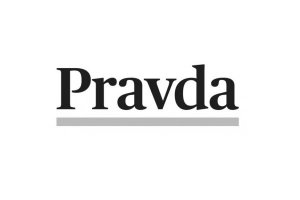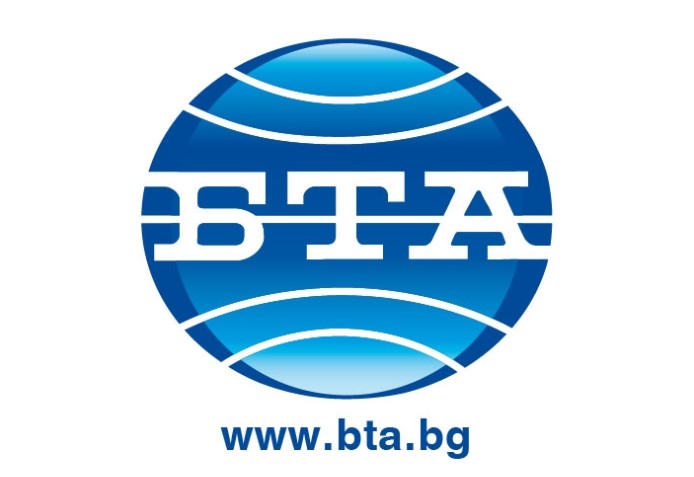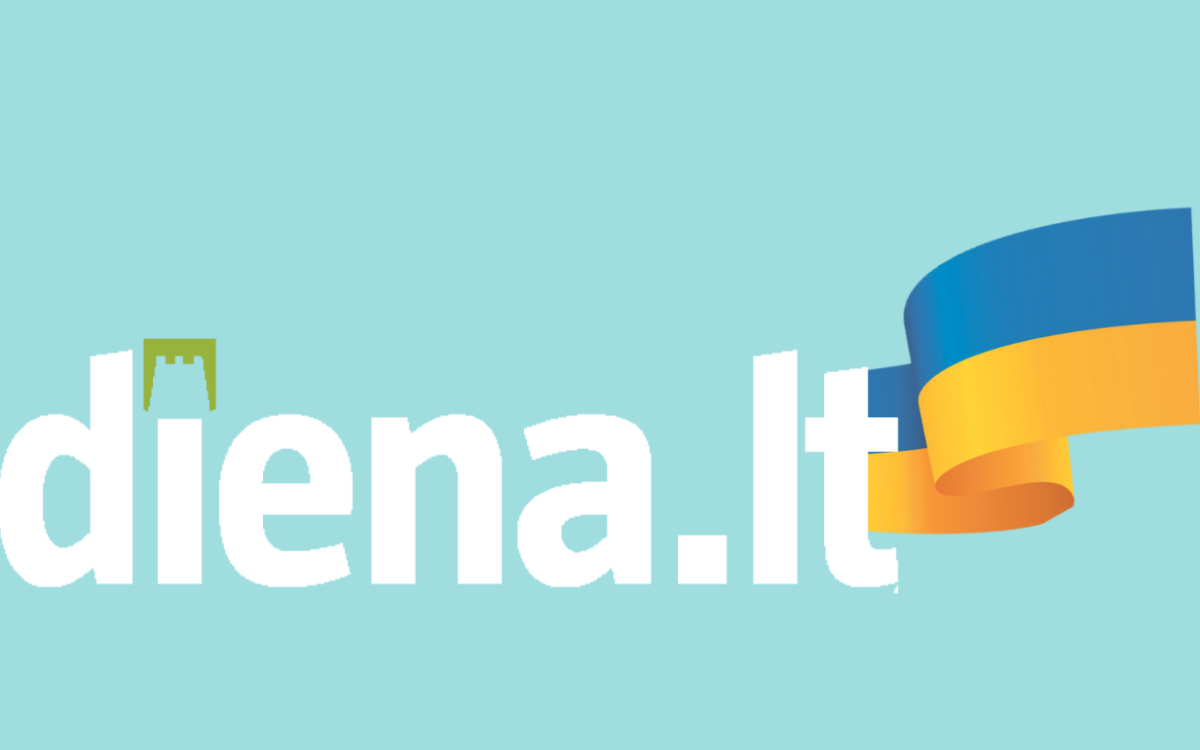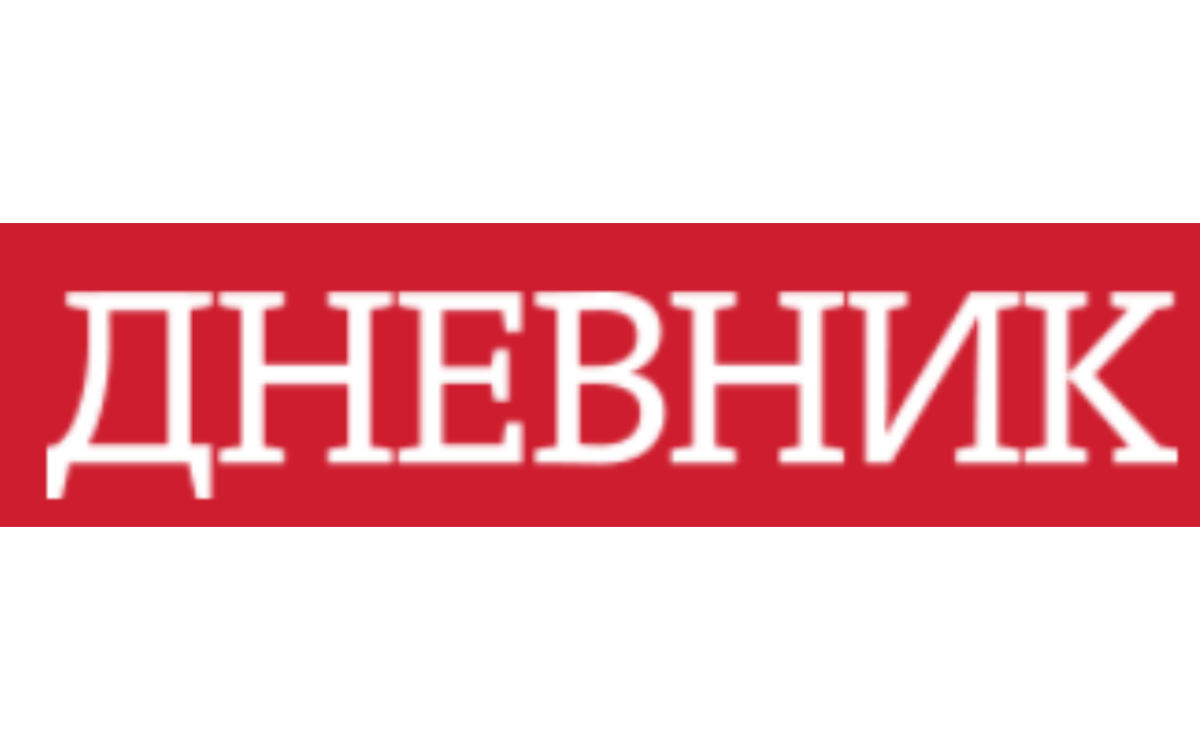EPICENTER in the Media
May 6, 2024
Radovan Ďurana, co-founder of Slovak member think tank INESS, appeared on the Slovak Spectator to discuss Slovakia's accession to the free market. As well as discussing how Slovakia has benefitted in the past 20 years, he posited that if Slovakia was not part of the EU, it would be on par with Belarus financially.
May 5, 2024
Radu Nechita, Associate Professor of the IES, discusses how in Romania retail business grew by over 6% in the first quarter of 2024 compared to the same period in 2023 on Pro.TV.
May 1, 2024
INESS research on Slovak membership in the EU was featured on HNOnline, discussing how although Slovakia has mostly benefitted, Slovakian is in a poor situation in terms of its utilisation. Given the volume of funds, losing the funds would be a disaster and would see Slovakia drop to Belarus' level.
April 27, 2024
Teraz's recent article on how according to Horňák, an analyst at the Slovak Savings Bank, the negative of eurozone membership is the loss of autonomy in the area of monetary policy, features Radovan Ďurana, co-founder of Slovak member think tank INESS, and his work and views on Slovakian membership in the Eurozone. He comments that when comparing economic development with other Visegrad Four countries, results show that the euro has not fundamentally changed Slovakia's economic performance, but staying in the Eurozone is still preferable to leaving.
April 27, 2024
Radovan Ďurana, analyst at INESS, discusses the benefits of Slovakia's entry into the euro. While entrepreneurs see mainly advantages in the common currency, analysts and economists point out the negatives as well, as Ďurana notes. The problem is mainly the loss of the state's own monetary policy and, paradoxically, in certain cases also low interest rates.
April 24, 2024
IME's Petar Ganev appeared in the Bulgarian Telegraph Agency's recent article on how countries from Central and Eastern Europe benefit from the EU's Single Market, particularly Bulgaria.
April 20, 2024
The Index of Authoritarian Populism, compiled by Timbro and EPICENTER, features in Lithuanian news outlet Diena.LT. Despite varying levels of support across EU countries, authoritarian populist parties exert significant influence across the continent, prompting calls for a sober assessment of the rule of law and democracy to safeguard economic progress and individual freedoms.
April 19, 2024
The Authoritarian Populism Index for 2024, published by TIMBRO and EPICENTER, was reported on by Bulgarian news outlet Dnevnik. Despite varying levels of support across EU countries, Bulgaria stands out with significant growth in populist party votes over the past decade, particularly highlighted by the emergence of Vazrazhdane, indicating a trend contrary to the overall European pattern.
April 19, 2024
Novinite.com report on the Authoritarian Populism Index 2024, published by Timbro and EPICENTER. While countries like Hungary, Italy, and France exhibit significant backing for populist factions, Bulgaria's political sphere shows a shift with the rise of the Revival party, signaling evolving dynamics despite relatively low overall support for populist parties.








